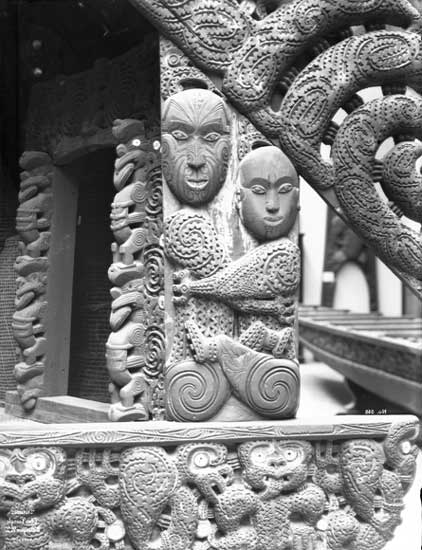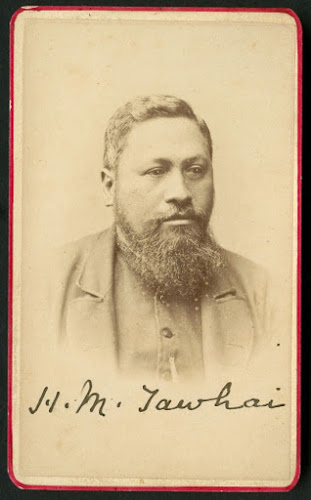'Recording the Incident with a Monument': The Waikato War in Historical Memory
As I have been researching the Waikato War one topic that I have devoted considerable attention to is the question of how the war has been remembered or forgotten historically. This was the main focus of my J D Stout lecture in 2014, as well as various other public talks and presentations.
I have now made my first published foray into the field of memory studies with a paper on the same topic. It is published in a special issue of the Journal of New Zealand Studies 'James Cowan and the Legacies of Late Colonial Culture in Aotearoa New Zealand', edited by Annabel Cooper and Ariana Tikao.
Abstract
This paper charts changing perceptions of the Waikato War in national memory and consciousness. The recent sesquicentenary passed by most New Zealanders largely unnoticed. Historical memories of the war that once (in part thanks to James Cowan) fed into larger nation-building narratives cut across them today. A century ago it was possible for Pākehā to believe that the Waikato War had given birth to fifty years of peace and that mutual respect forged in battle had provided the basis for “race relations” of unparalleled harmony. By the 1970s such a notion could no longer be sustained, leaving a kind of uncomfortable silence about one of the decisive events in New Zealand history.
The Journal of New Zealand Studies is an open access publication, committed to making research freely available to the wider community. Here is a link to the full text of my own paper.
I have now made my first published foray into the field of memory studies with a paper on the same topic. It is published in a special issue of the Journal of New Zealand Studies 'James Cowan and the Legacies of Late Colonial Culture in Aotearoa New Zealand', edited by Annabel Cooper and Ariana Tikao.
Abstract
This paper charts changing perceptions of the Waikato War in national memory and consciousness. The recent sesquicentenary passed by most New Zealanders largely unnoticed. Historical memories of the war that once (in part thanks to James Cowan) fed into larger nation-building narratives cut across them today. A century ago it was possible for Pākehā to believe that the Waikato War had given birth to fifty years of peace and that mutual respect forged in battle had provided the basis for “race relations” of unparalleled harmony. By the 1970s such a notion could no longer be sustained, leaving a kind of uncomfortable silence about one of the decisive events in New Zealand history.
The Journal of New Zealand Studies is an open access publication, committed to making research freely available to the wider community. Here is a link to the full text of my own paper.



Comments
Post a Comment